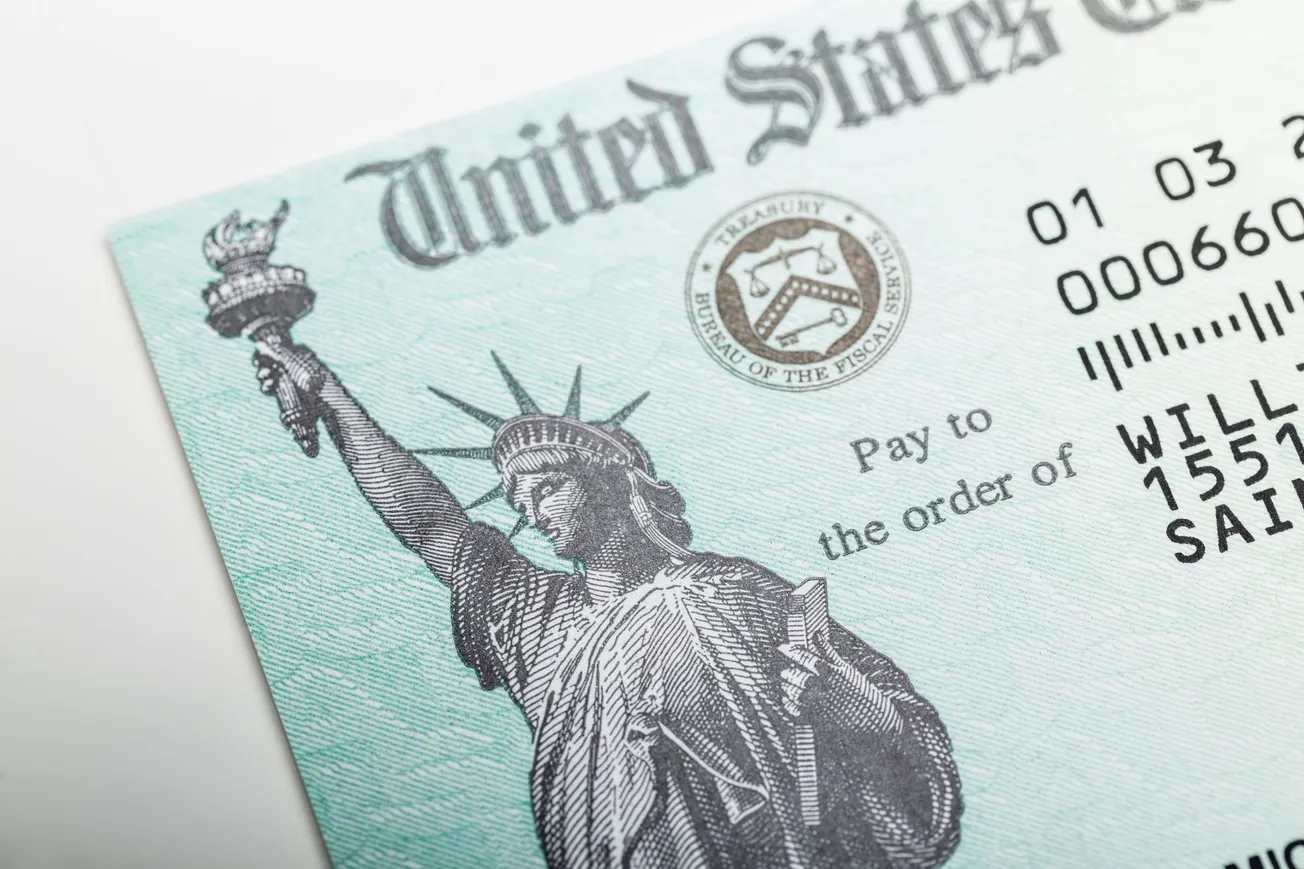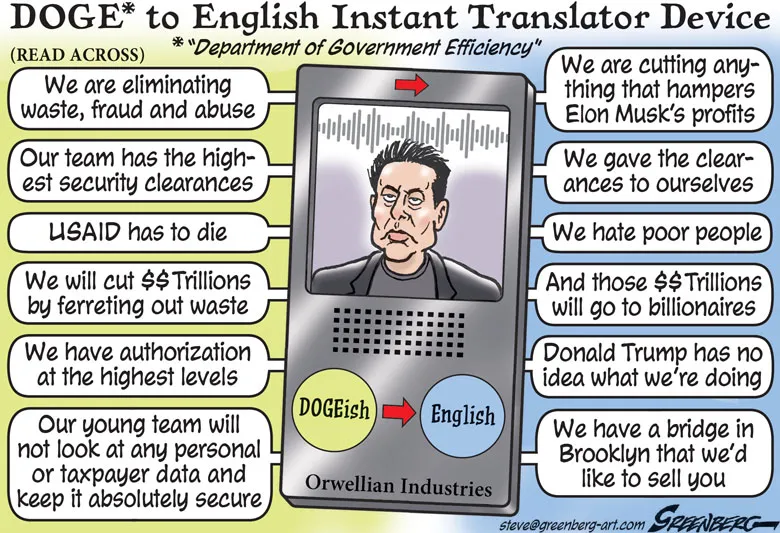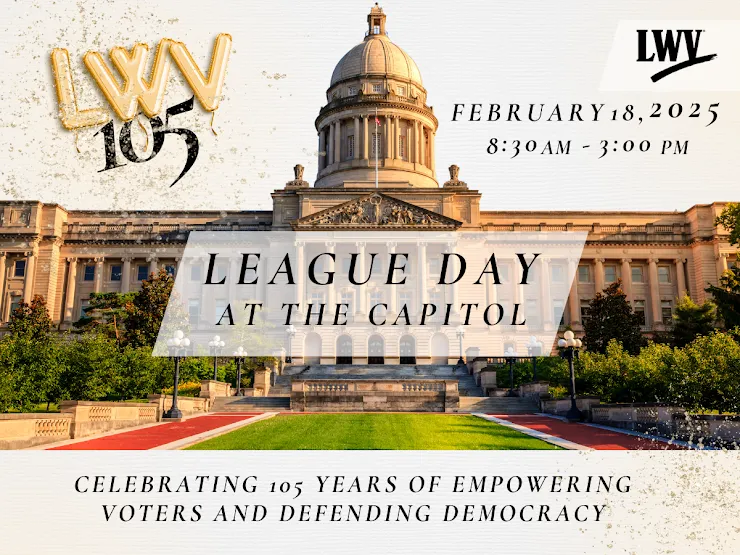The push for “school vouchers” — the transfer of public funds into tuition subsidies for private secular and religious schools — has been a right-wing project from the start.
Josh Cowen, a professor of education policy at Michigan State University who has been studying the right-wing push for school vouchers for more than 20 years, says his conclusion on school vouchers is unequivocal: Despite the right’s billing of vouchers as a way to ensure that all students have an equal chance to attend their school of choice, in reality the so-called “education freedom agenda” promoted by vouchers devalues public schools and reorients education from a public good to a private enterprise.
Cowen’s first book, The Privateers: How Billionaires Created a Culture War and Sold School Vouchers, outlines this scheme in stark and chilling detail, zeroing in on a host of individual scholars networked with prominent right-wing foundations (Bradley, DeVos, Friedman, Koch, Scaife and Walton); think tanks (Stanford’s Hoover Institute and Harvard’s Program on Education Policy and Governance); political organizations (the Alliance Defending Freedom, American Enterprise Institute, Cato Institute, Council for National Policy, Federalist Society, Heritage Foundation and Manhattan Institute); and astroturf “parents’ rights” groups (Moms for Liberty, Parents Defending Education and the American Federation for Children) that have worked in tandem to promote privatization.
None of this is new. As Cowen reports, right-wing involvement in public education has roots that go back 70 years, to the Supreme Court decision in Brown v. Board of Education. Fear of integration, he writes, propelled the development of a host of private, overtly conservative Christian academies. But it was economist Milton Friedman who took white parents’ desire for segregation further, proposing to use tax money to subsidize private school tuition. “It was this idea — what became school vouchers — that allowed segregationists to frame a racist response to the court’s desegregation orders as an issue of markets and what we would today call parental choice,” Cowen explains.
That movement has caught fire — 11 states now offer “universal school choice” to every K-12 student who wants it. Moreover, the pro-voucher community has joined forces with right-wing adherents to blur the lines of church-state separation and support book bans, discrimination against LGBTQIA+ students, and bar the teaching of sex education and accurate accounts of U.S. history, something that Cowen says should surprise no one.
State legislatures are passing bills to erode church-state separation in public education programs throughout the US.
That said, Cowen hammers the fact that vouchers have not lived up to their promotion as a boon for academic achievement. Instead, he writes, studies consistently show that the school voucher system has failed to improve standardized test scores, the sole metric used to measure students learning. This, he told Truthout, is intentional. “The case for vouchers, whether by scholars, writers, lawyers, lobbyists, or billionaire heirs, has always been a deliberate construction.… This is no movement. It is a coup and it has been a right-wing political operation from the start.”
Cowen spoke to Truthout reporter Eleanor J. Bader about The Privateers and his research into the dangers that vouchers pose to public education shortly after the book was released by Harvard Education Press in mid-September.
Eleanor J. Bader: As a graduate student in 2002, you worked as a voucher program evaluator in Milwaukee that was funded by conservative foundations. Were you aware of the role of the right in promoting vouchers at that time?
Josh Cowen: No. I grew up in Michigan so had heard of the DeVos family and their efforts, but when I began graduate school, I was open-minded about vouchers. I was 26 years old. I quickly understood the role of the Bradley Foundation in funding the evaluation of Milwaukee’s voucher program, the nation’s first citywide “school choice” project.
What I discovered in Milwaukee was horrific. Vouchers weren’t improving educational outcomes, and in some cases, they were leading to educational losses. As a graduate student at a major institution, I saw that we were being used to give credibility to pro-voucher arguments. As I note in the book, some academics — like Harvard’s Paul Peterson and others — have given legitimacy to vouchers by linking supporters to a prestigious institution.
As I report, Peterson’s team is not an isolated group of conservative scholars shouting their views from an ivory tower. They are part of a tightly connected network of funders and right-wing activists who have been pushing tax support for private education for years.
The right has funded the creation of numerous campus-based think tanks to promote free market and libertarian policies. Do these centers work in support of vouchers?
Journalist Jane Mayer writes about soldier-scholars. These people are convinced that there is a liberal conspiracy underway at institutions of higher education. The right says that it’s creating an intellectual counterweight to this liberal onslaught. As someone who works as a professor at a major research university, I know that this is BS. The right is running a political operation and is promoting its ideas in the courts and in state legislatures.
We know that vouchers have not moved learning in a positive direction. Even worse, state spending on vouchers threatens state budgets.
ProPublica just reported that millions of tax dollars have been given to religious schools in Ohio to renovate buildings, build additional classrooms and improve playgrounds. Ohio is a universal voucher state. When money comes out of general state revenue to subsidize private schools, it mainly goes to kids who’ve never attended public schools and whose families can afford private school tuition.
Arizona, another universal voucher state, is facing a $1.4 billion shortfall that has been attributed to voucher expenditures — $7,000 per student for 70,000 students in 2023-24.
Is the right unified in support of vouchers?
There are true believers who think vouchers are the best possible approach to education. They’re naive and have good intentions. Others know the truth, that vouchers do not improve educational outcomes, but they push against this reality because vouchers serve a larger political purpose. You see this in Project 2025, which uses the term “school choice.” The right recognizes that this phrase polls well, while the word vouchers does not. Most people actually don’t want public money going to private schools, especially for families that would otherwise pay out of pocket for private schooling for their kids.
A final group is made up of folks who want nothing to do with government money and prefer to remain far from government scrutiny. They oppose vouchers because they have antipathy for the state.
You write that racism is a key motivator for some voucher supporters, although in many places “school choice” has been promoted to low-income communities of color as giving them equal access to a private school education. How has this played out?
A lot of voucher proponents don’t want to have explicit conversations about race or racism. The Cato Institute, which was founded by the Kochs, support what they call a free market in education so that parents can send their children to schools where race, sexuality, and gender never come up.
That aside, I want to stress that vouchers are packaged as giving students “academic freedom,” but private schools control whom they enroll. Vouchers are only as good as the schools that take particular kids and keep them enrolled. Educators have found blatant discrimination against students with physical, intellectual and learning disabilities; kids from poor communities often end up in private schools that are the equivalent of payday lenders. They’re bad schools.
In addition, the idea that private schools offer a race-neutral education is nonsense since we don’t live in a race-neutral society.
So, what entices low-income parents and parents of color to consider utilizing vouchers?
We have to admit that public schools have not always served students well. Public schools have been starved for resources for decades and reflect the communities they’re located in. Geographic disparities exist. Income disparities exist. Racism exists. Vouchers can’t solve these problems.
At the same time, right-wing propaganda campaigns have been effective in a variety of ways with a variety of populations. Take white Christian men who are told, over and over, that American life is out to get them. They hear about reverse racism, and it’s no accident that vouchers are called the “civil rights issue of our time.” The right is trying to work white Evangelicals into a frenzy, repeatedly telling them they are oppressed. It’s worked. Increasingly, we’re seeing vouchers going to wealthy white families whose kids would never, ever, have attended public schools. They’re told that since they pay property taxes, they shouldn’t also have to pay tuition. It can sound appealing.
What’s the role of sexism in this?
The peculiar obsessive fixation on teachers’ unions is the throughline between Christian nationalists like Betsy DeVos and voucher supporters like Charles Koch. The Koch-backed groups really don’t care about trans kids, which bathrooms are used, or what teams they play on. Both the DeVos and Koch wings of the voucher coalition, however, hate unions, and it is not lost that 85 percent of teachers are women, making the majority of teacher’s union members female. Randi Weingarten, the head of the American Federation of Teachers, is a particular fixation because she is a woman married to a woman.
The right has repeatedly and consistently denied the veracity of critiques that conclude that vouchers are ineffective. Has support for the program eroded at all?
Look, some voucher supporters still can’t acknowledge that Donald Trump lost the 2020 election. Charlottesville happened at the same time as some really bad data on vouchers came out. The denial of reality became blatant when Trump talked about “very fine people on both sides.” Voucher supporters do not want to hear that they’ve made a bad choice, a wrong choice.
Test scores are not the only way to track student progress. Do voucher evaluators ever use other measures?
Tests are part of federal and state law. My feeling is that as test scores are used to hold public schools accountable, private schools should be held to that same standard. The metric shows that while some public schools are failing kids, kids enrolled in many private schools do just as poorly, or even worse.
In the Evangelical faith community, voucher-accepting schools offer explicitly Christian education, even though this means that parents and caretakers are setting their kids up for [academic] failure. For these folks, the goal is a religious education. When a school’s science curriculum centers on creationism, it’s not shocking that students score in the fifth percentile on STEM exams.
Let’s switch gears. Illinois recently became the first state in the country not to reauthorize state funding for vouchers. And the South Carolina Supreme Court recently ruled that they violate the state constitution. Is this the beginning of the end for vouchers — at least among lawmakers?
Illinois is the first state to allow its voucher program to expire, and the South Carolina Supreme Court recently ruled that the transfer of cash to private schools violated the state constitution.
The Harris-Walz platform includes a strong statement opposing vouchers, so we’ll have to see what happens in the election.
Several states will vote on vouchers in November. Colorado has Amendment 80, and Kentucky has Amendment 2. It’s noteworthy that vouchers have never survived a direct ballot measure. Ordinary people, for the most part, do not want their tax dollars used to pay for the religious, or even the secular education, of kids who would never attend public schools. There is still considerable support for vouchers, of course, and proponents are very well-organized, but I think that the general public is catching on to the danger they pose and their role as an entry point for a wider right-wing agenda. We have a long way to go but the depletion of state treasuries to support vouchers may also be a determining factor in ending universal access.
--30--
Written by Eleanor Bader, an award-winning journalist who writes about domestic social issues, movements for social change, books and art. Cross-posted from Truthout.








